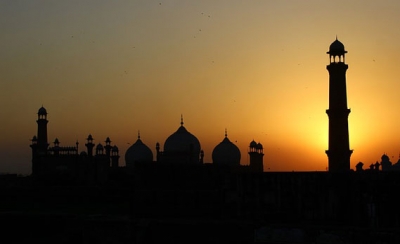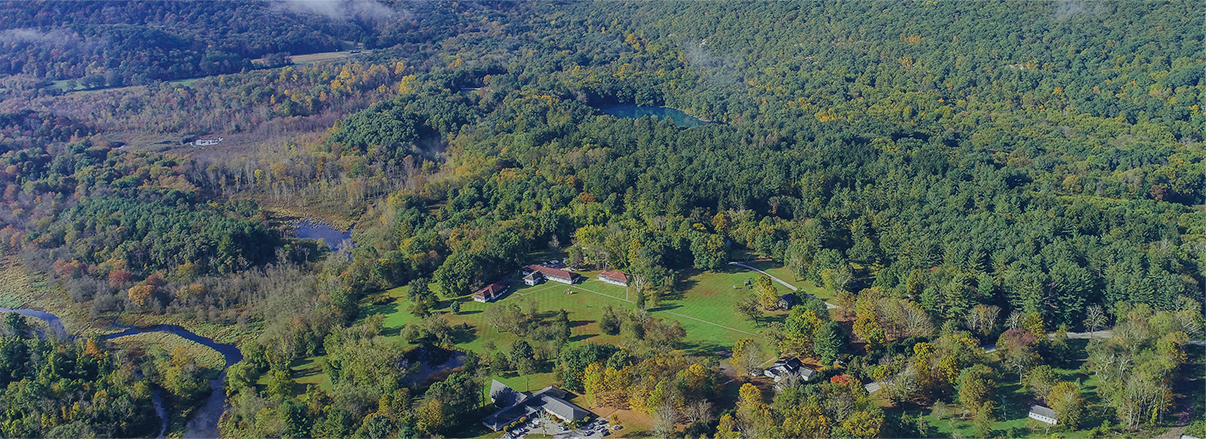Prayer for Christians in Pakistan

Outreach by Pakistani Christians is an issue needing major change. Few Muslims have ever come to Christ because the existing Church emerged from the lowest rungs of society - mainly Hindu Dalits of the Punjab and Hindu tribal peoples of the Sindh. Huge cultural boundaries exist between the Muslim majority and the Christian minority. Little has been done to reach Muslims or even Hindus. Many factors conspire to make Christians fearful, introspective and silent, yet despite the negatives, there is a considerable degree of freedom to openly share the gospel for those with the boldness and faith. OM teams challenge many believers to become involved in outreach. Pray for Christians to be impassioned and equipped to share their faith and to answer the claims and questions of Muslims. Signs of an awakening in this area are appearing, and a small but growing number of indigenous believers are starting to reach out cross-culturally.
Pakistan's regions are widely diverse, and each presents unique challenges. Pakistani history and culture, the centralized government and the pervasive influence of Islam make for a national identity, but a few regionally specific comments are warranted. Pray for each of these regions, that Jesus might be made known more widely, more deeply and more quickly.
a) Punjab, the densely populated fertile plains of the Indus and tributaries. Although the location of the majority of Pakistan's Christians (primarily nominal), this region has a higher number of unreached individuals per Christian worker than any place in the world. A conservative, but more Sufi-influenced than fundamentalist, brand of Islam predominates. Lahore, Pakistan's most culturally influential city, is in this region. With nine million people in the Lahore area, this city is 95% Muslim and contains communities of all major people groups in Pakistan.
b) Khyber-Pakhtunkhwa (formerly North-West Frontier Province) and FATA (Federally Administrated Tribal Areas) are the mountainous regions bordering Afghanistan. Fundamentalist Islam and the Taliban are strong here, and shari'a is implemented in much of this area dominated by Pashtun tribal groups. It remains chaotic and dangerous, for Christians and Christian workers in particular.
c) Azad Kashmir, the Pakistani-administered part of the highly contested Kashmir region. Apart from the strained relations with India as a result of contentious claims over this region, Kashmir is a place of great need. Earthquakes in 2005 and 2007 took over 150,000 lives and rendered millions homeless. The aid and relief given by Christian groups had a very positive impact among the Muslims of this mountainous area. Some continue to minister here.
d) Balochistan is an arid and unfertile region that is very poor and underdeveloped with a sparse population. It is dominated by the staunchly Muslim Baloch. There are very few Christian workers in this region, but the smallest beginnings of some people movements exist.
e) Sindh is the very arid, even desertified, and very poor region of the south. Sufism saturates the area. The Sindh is where most Hindu tribal groups (and most Hindu-background believers) are, and home to a young, indigenous church. The Muslim population is much less resistant here than in other areas; a growing number of Muslim-background believers exists among them. It is also home to Karachi, Pakistan's largest, most dynamic and ethnically diverse city, which could be considered a region unto itself.
The source of this article is from Operation World



